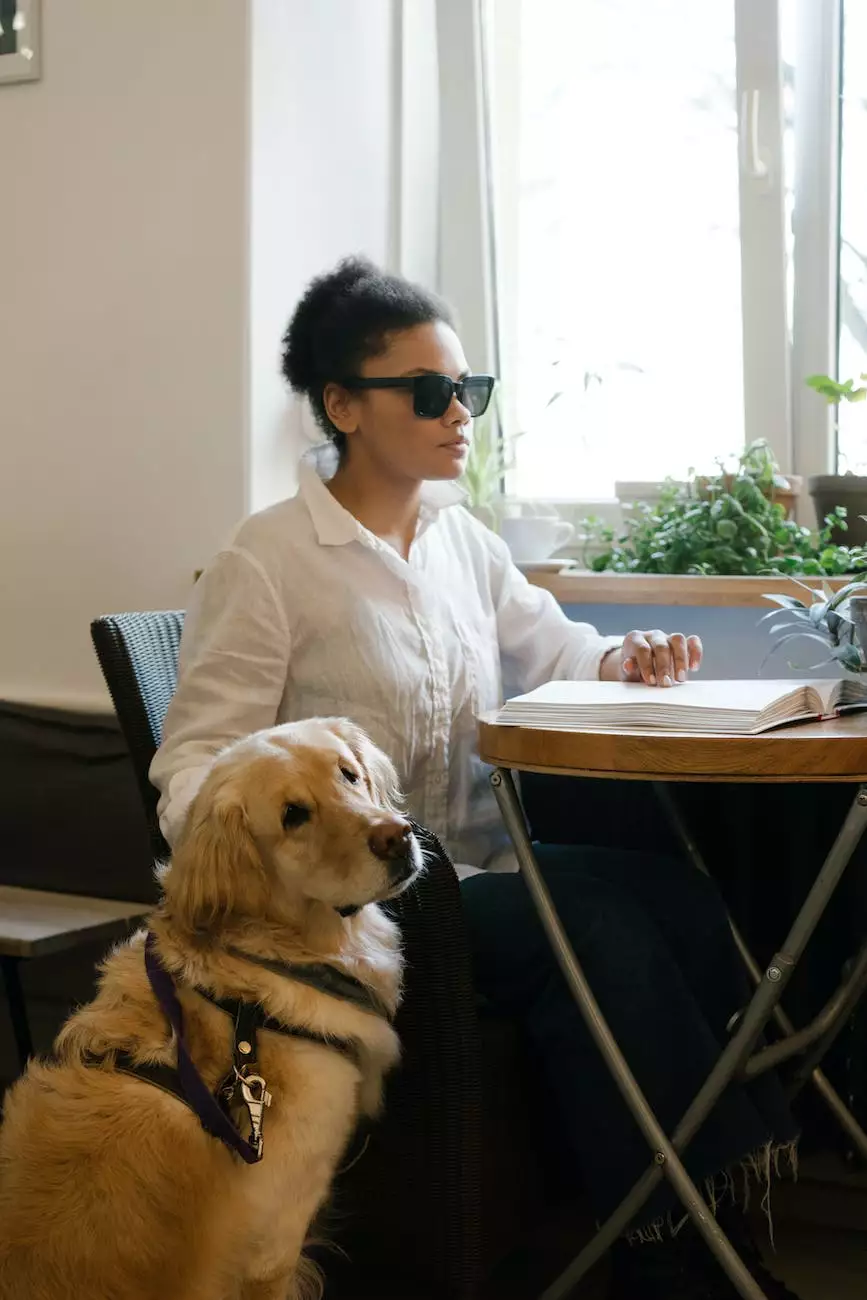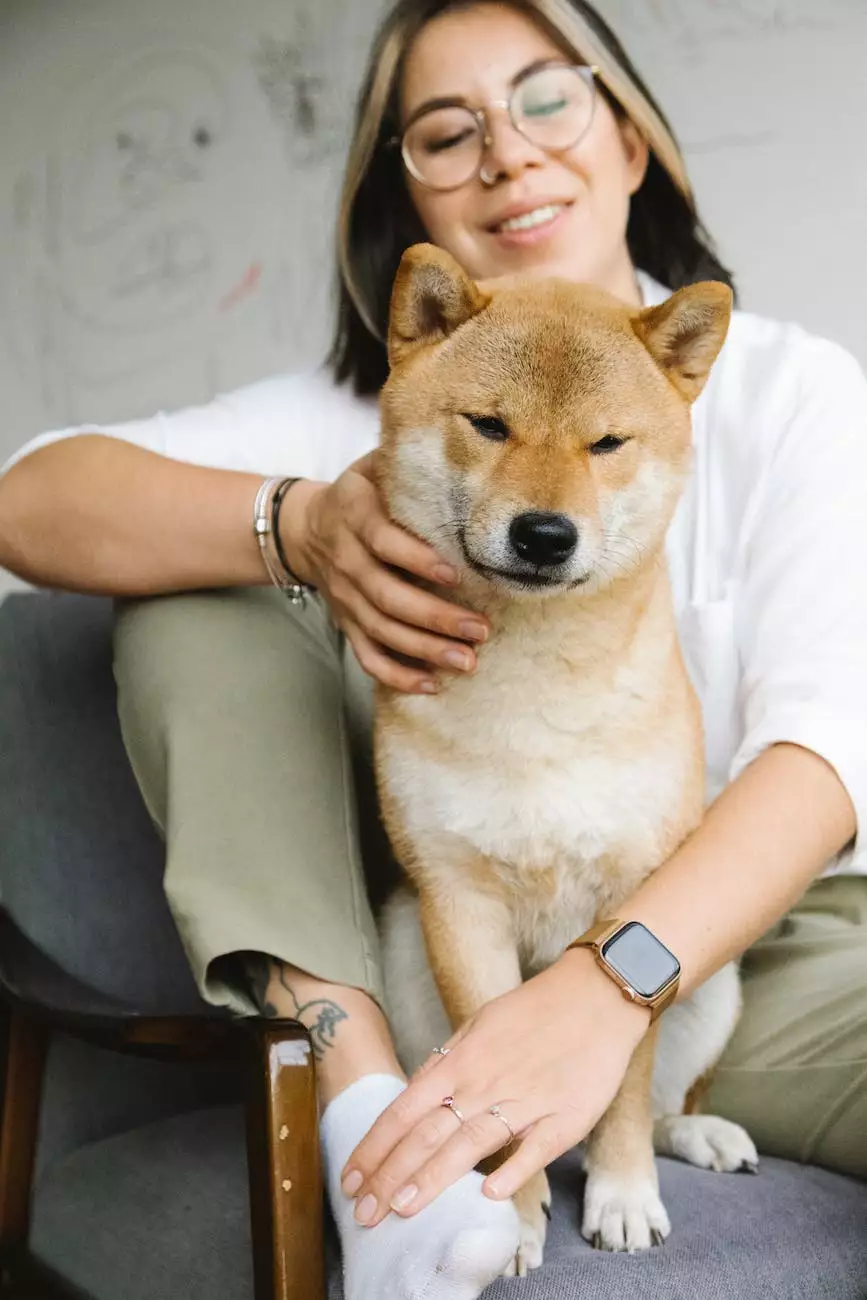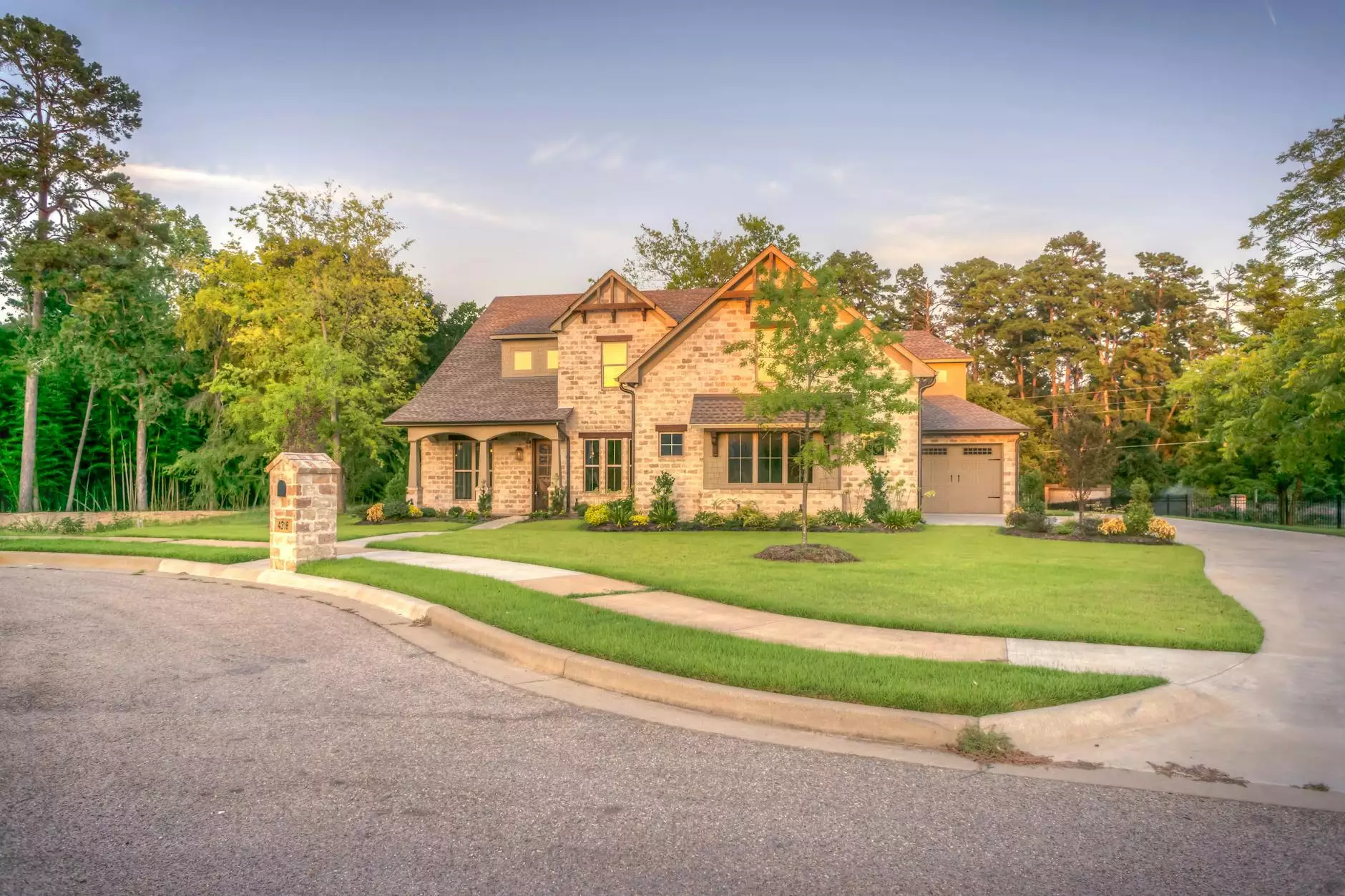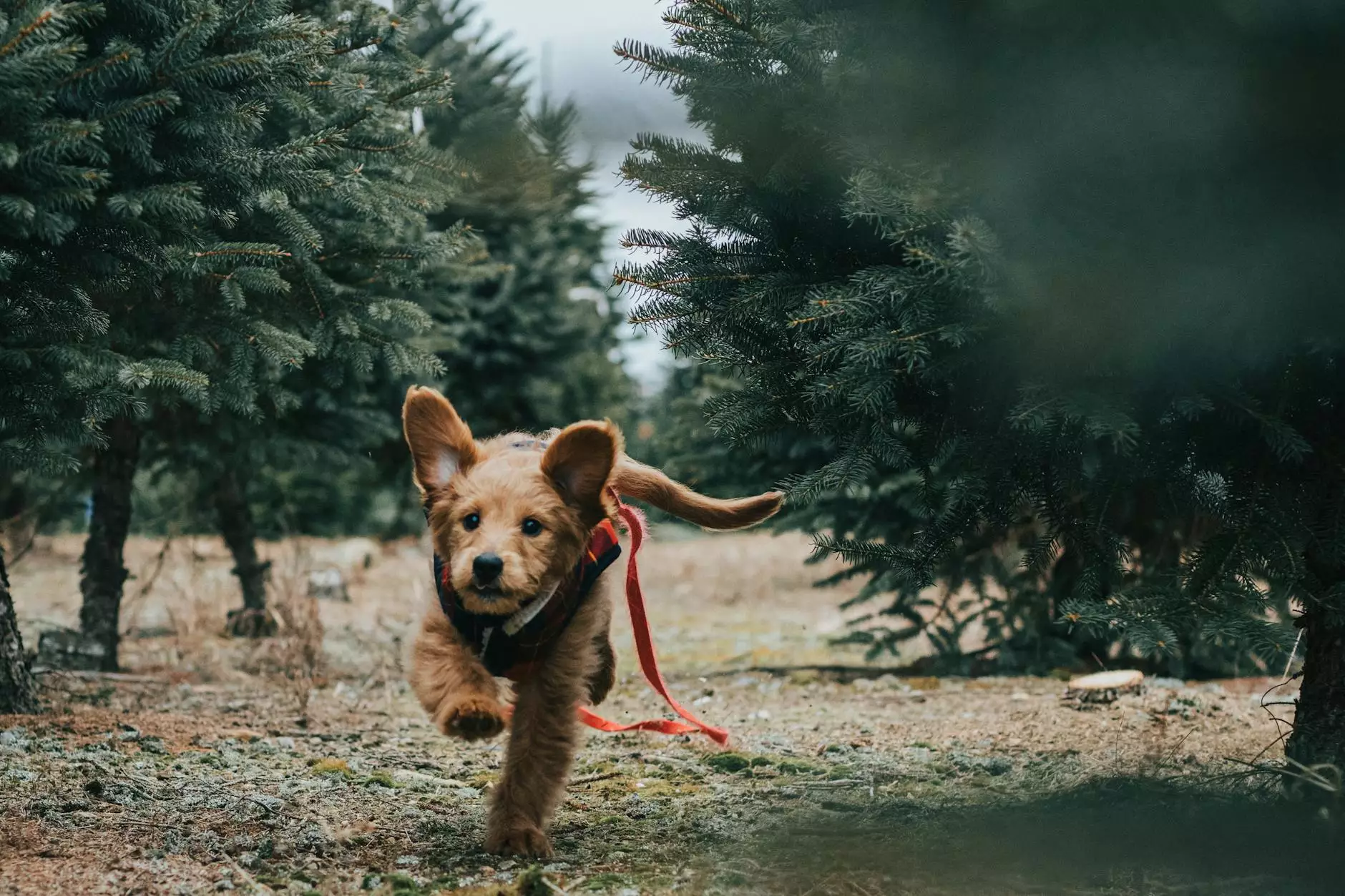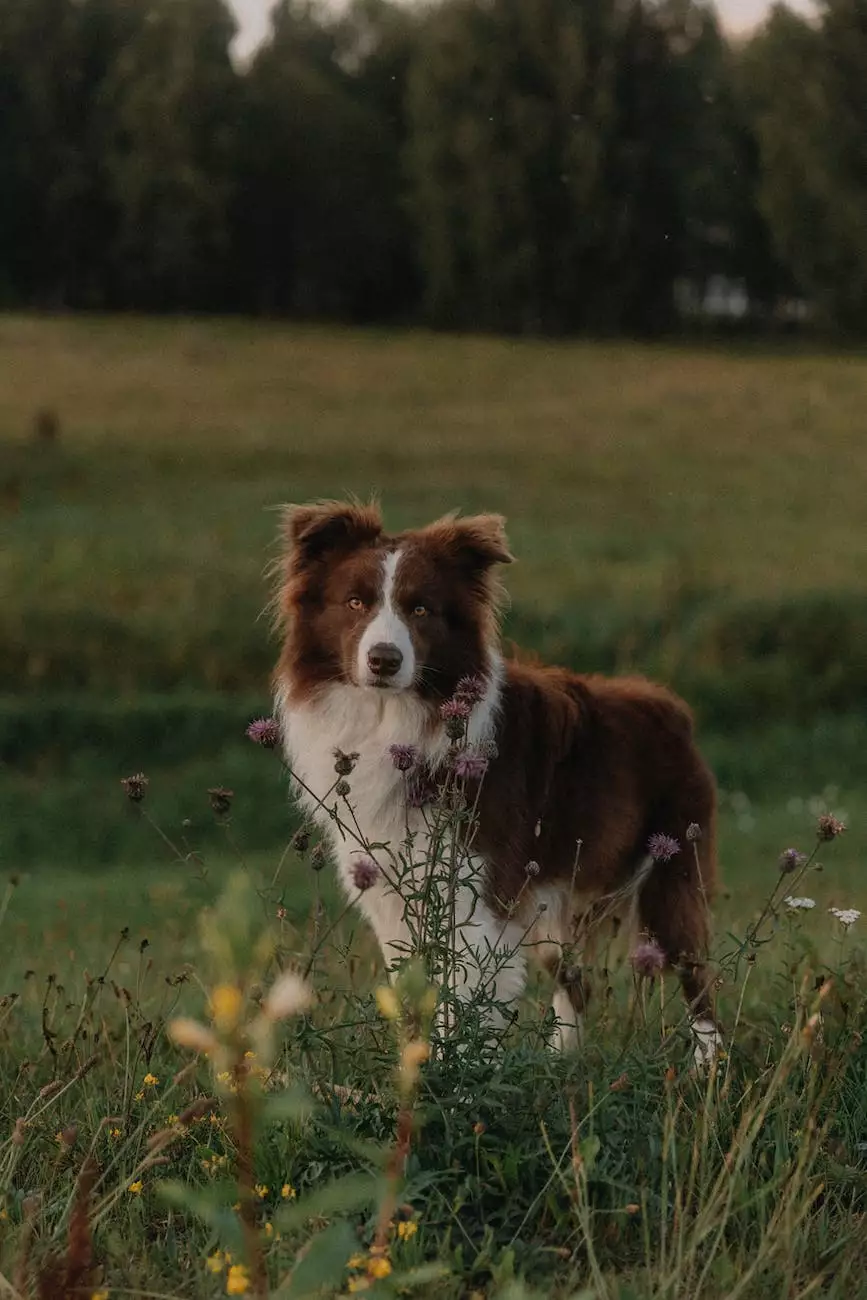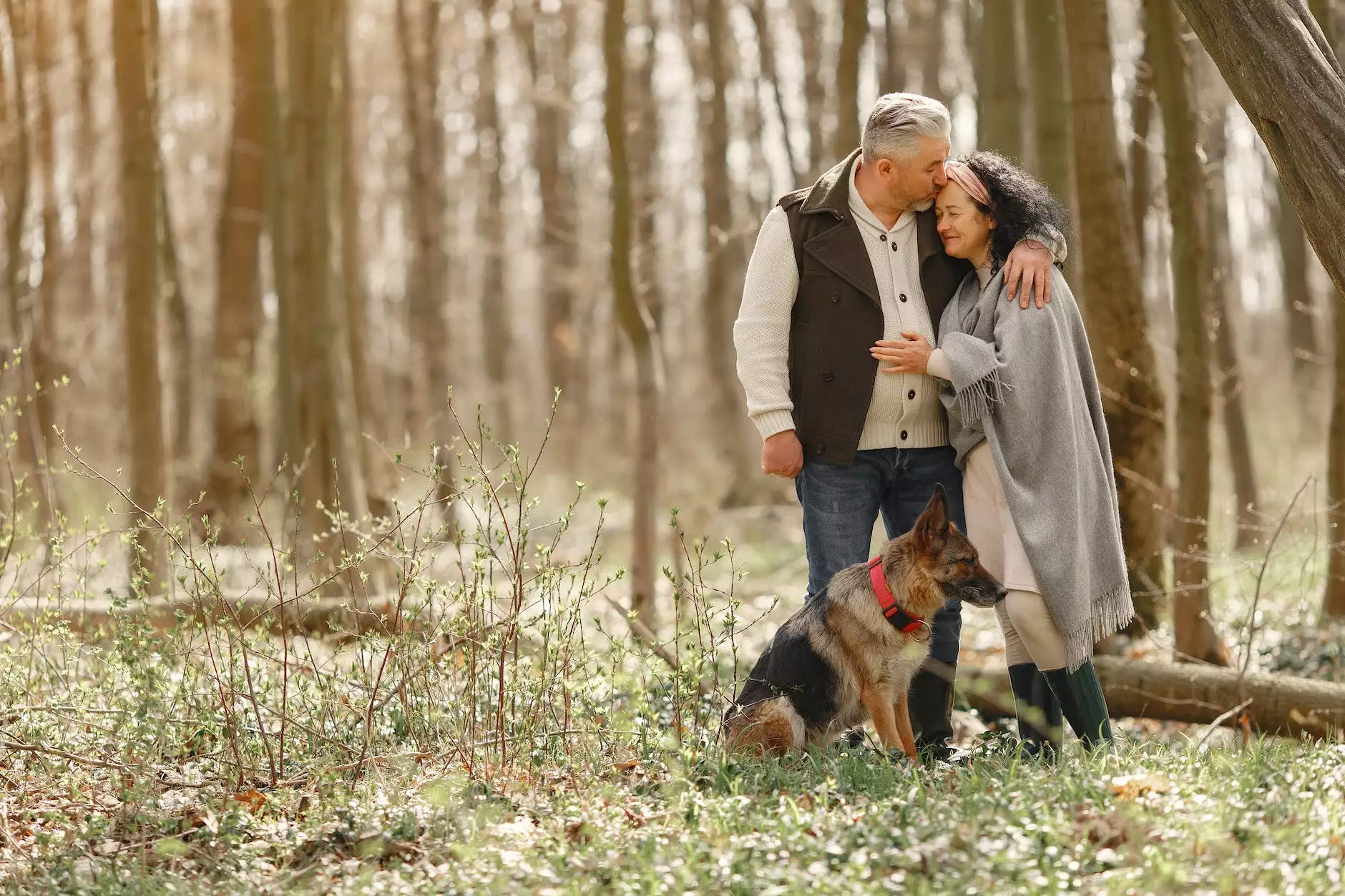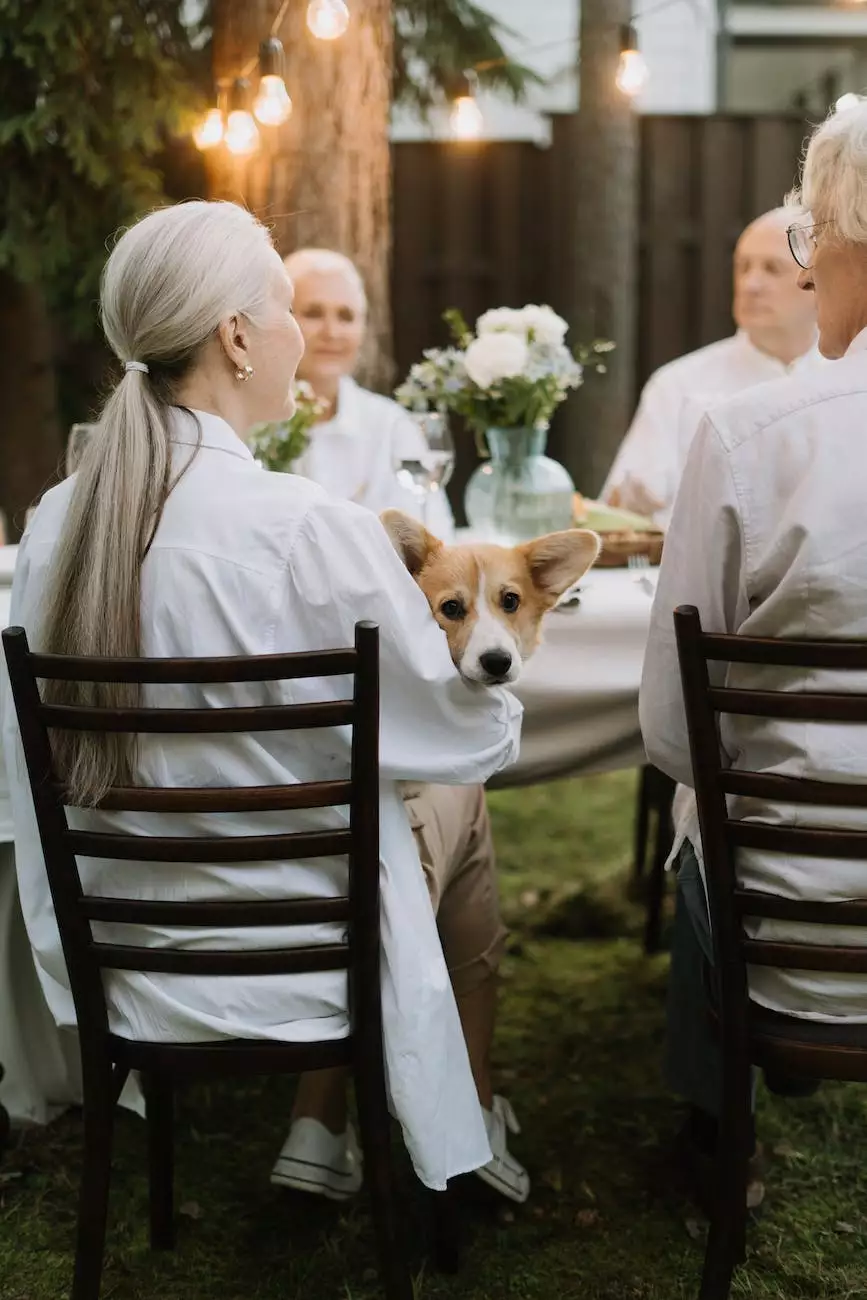Incontinence in Senior Dogs
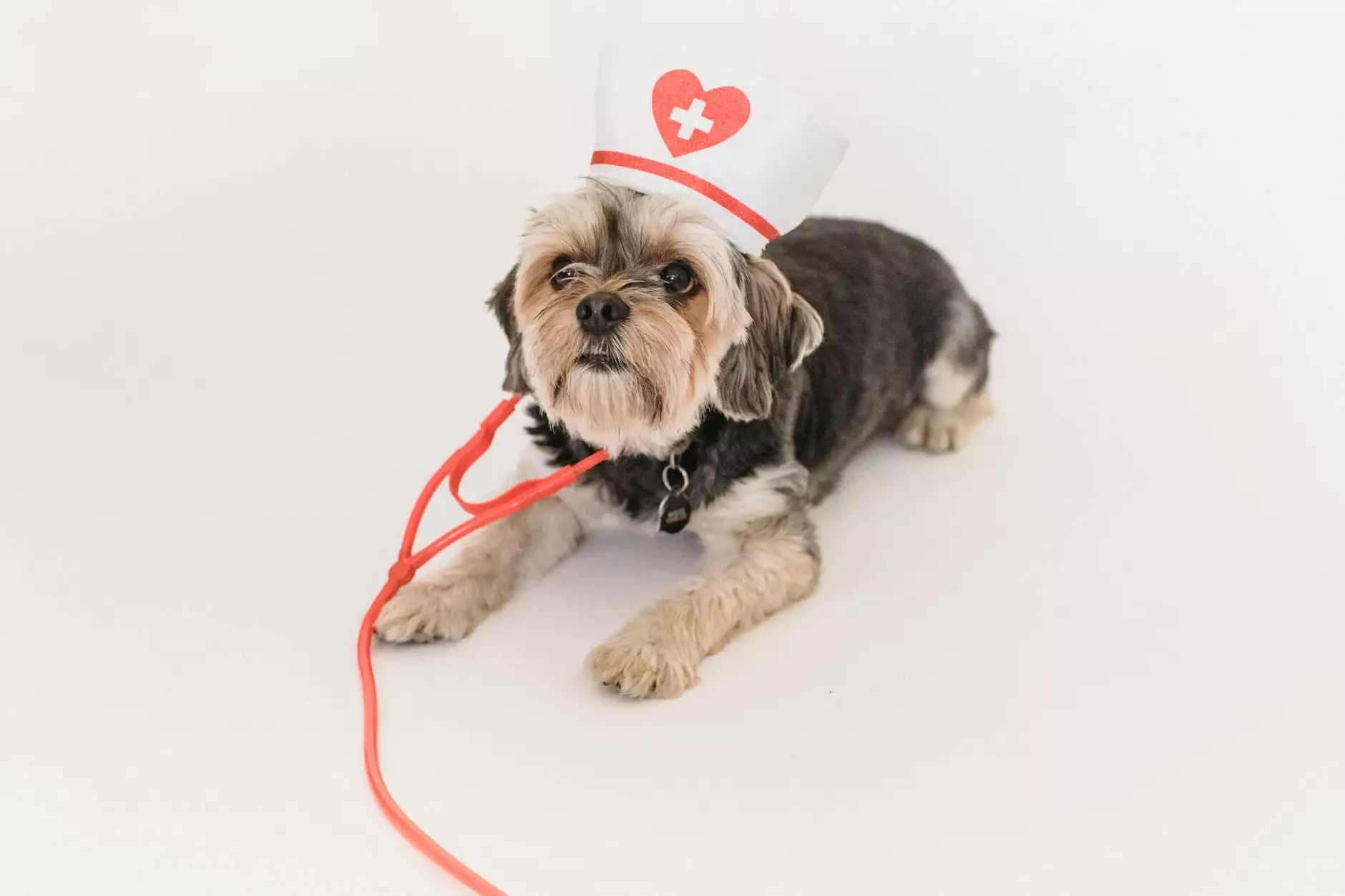
Welcome to HGRBS, your trusted source for comprehensive information and support on incontinence in senior dogs. As experts in the Home and Garden industry, we understand the challenges that pet owners face when dealing with this common condition. In this article, we will delve into the details of incontinence in senior dogs, its causes, symptoms, and effective management strategies.
Understanding Incontinence in Senior Dogs
Incontinence refers to the inability to control bladder or bowel movements. While it can occur in dogs of any age, senior dogs are particularly prone to this condition. Incontinence can manifest in various ways, such as involuntary urination or defecation, frequent accidents indoors, or dribbling of urine. It can significantly impact both the dog's quality of life and the owners' daily routine.
There are several factors that contribute to the development of incontinence in senior dogs. Hormonal changes, weakened bladder muscles, urinary tract infections, or underlying medical conditions like kidney disease or diabetes can all play a role. It is essential to consult with a veterinarian to determine the underlying cause of your dog's incontinence.
Recognizing the Symptoms
Identifying the symptoms of incontinence is crucial for prompt and effective management. Key signs to watch out for include:
- Frequent accidents indoors: If your senior dog starts having accidents more frequently inside the house, especially after previously being housetrained, it could be a sign of incontinence.
- Dribbling of urine: Noticeable urine leakage or dribbling, especially when your dog rests or sleeps, is a common symptom of incontinence.
- Frequent licking of genital area: Dogs with incontinence may excessively lick their genital area due to irritation caused by urine leakage.
- Unusual odor: An unpleasant odor in your dog's urine or on their fur may be indicative of incontinence.
If you observe any of these symptoms, reaching out to your veterinarian is essential for a proper diagnosis and tailored treatment plan.
Management and Treatment Options
Managing incontinence in senior dogs requires a comprehensive approach that addresses the underlying cause and minimizes the impact on your pet's daily life. Here are some effective strategies:
Dietary Modifications
Ensuring a balanced diet: Feeding your senior dog high-quality, balanced meals can support overall health and potentially improve bladder function.
Addressing potential food allergies: Food sensitivities can contribute to urinary issues. Identifying and avoiding potential allergens can help manage incontinence.
Behavioral and Lifestyle Adjustments
Frequent bathroom breaks: Taking your senior dog out for regular bathroom breaks can reduce accidents at home and support bathroom training.
Potty training reminders: Consistency and positive reinforcement during potty training sessions can help your dog regain control of their bladder.
Providing easy access to water: While it may seem counterintuitive, restricting water intake can worsen urinary problems. Ensure your dog has easy access to fresh water throughout the day.
Medical Interventions
Medication: In some cases, your veterinarian may prescribe medications to strengthen bladder muscles, reduce inflammation, or address hormonal imbalances contributing to incontinence.
Surgery: Certain surgical procedures may be recommended for specific cases of incontinence, particularly if caused by anatomical abnormalities or bladder stones.
Alternative Therapies: Acupuncture, physical therapy, or laser treatments are alternative options that some pet owners explore in conjunction with traditional medical interventions.
Seeking Professional Help from HGRBS
At HGRBS, we understand the emotional and practical challenges that come with managing incontinence in senior dogs. Our expert team is dedicated to providing you with the support you need. We offer a range of resources, including informative articles, product recommendations, and a community forum where you can connect with fellow pet owners facing similar challenges.
Remember, it is crucial to consult with a qualified veterinarian to develop a personalized management plan for your senior dog's incontinence. However, with the right knowledge, resources, and support, you can effectively navigate this condition and improve your dog's well-being.
Stay tuned to our website for regular updates and educational content on incontinence in senior dogs. Together, we can make a difference in the lives of our beloved companions!

